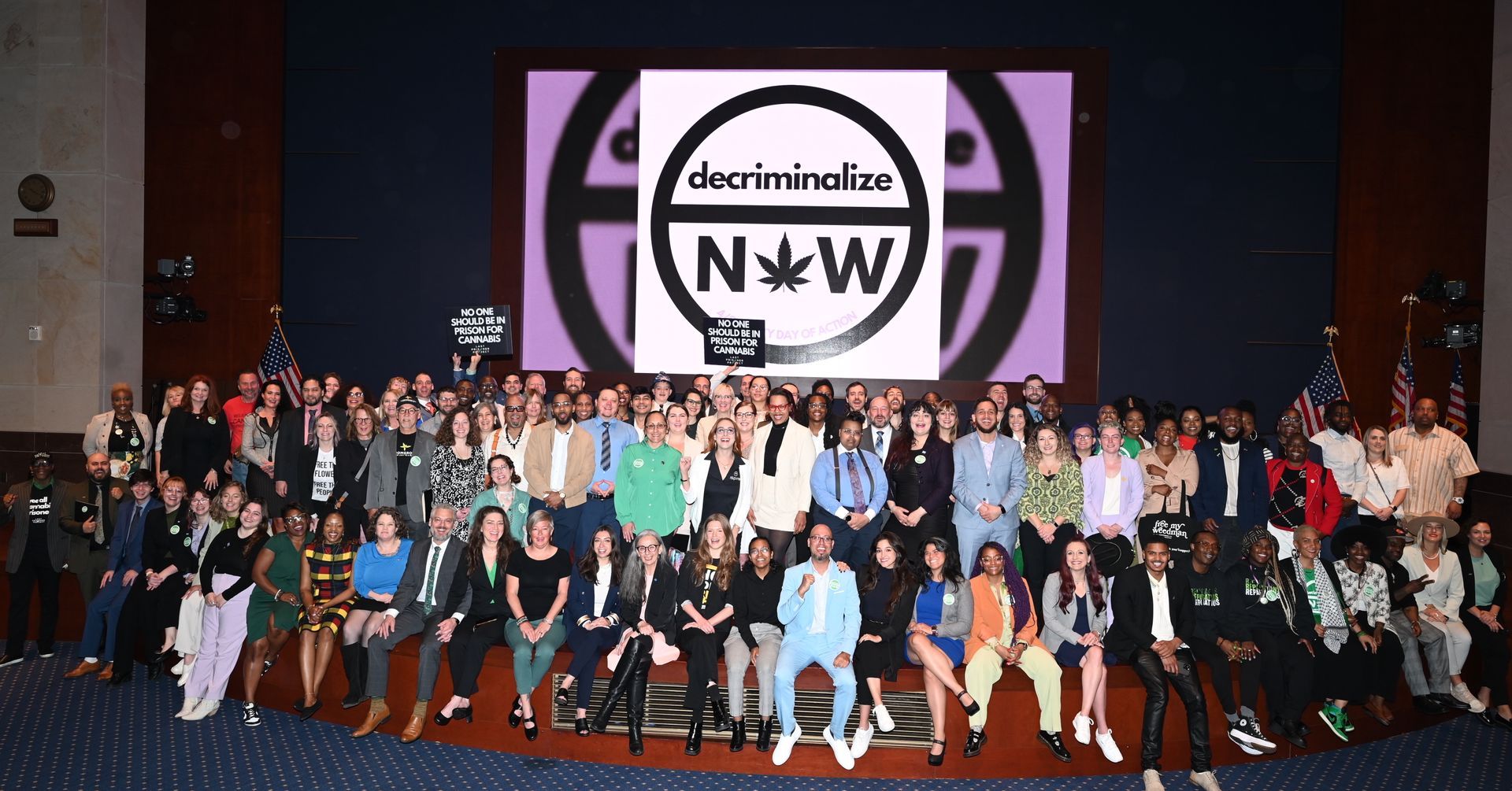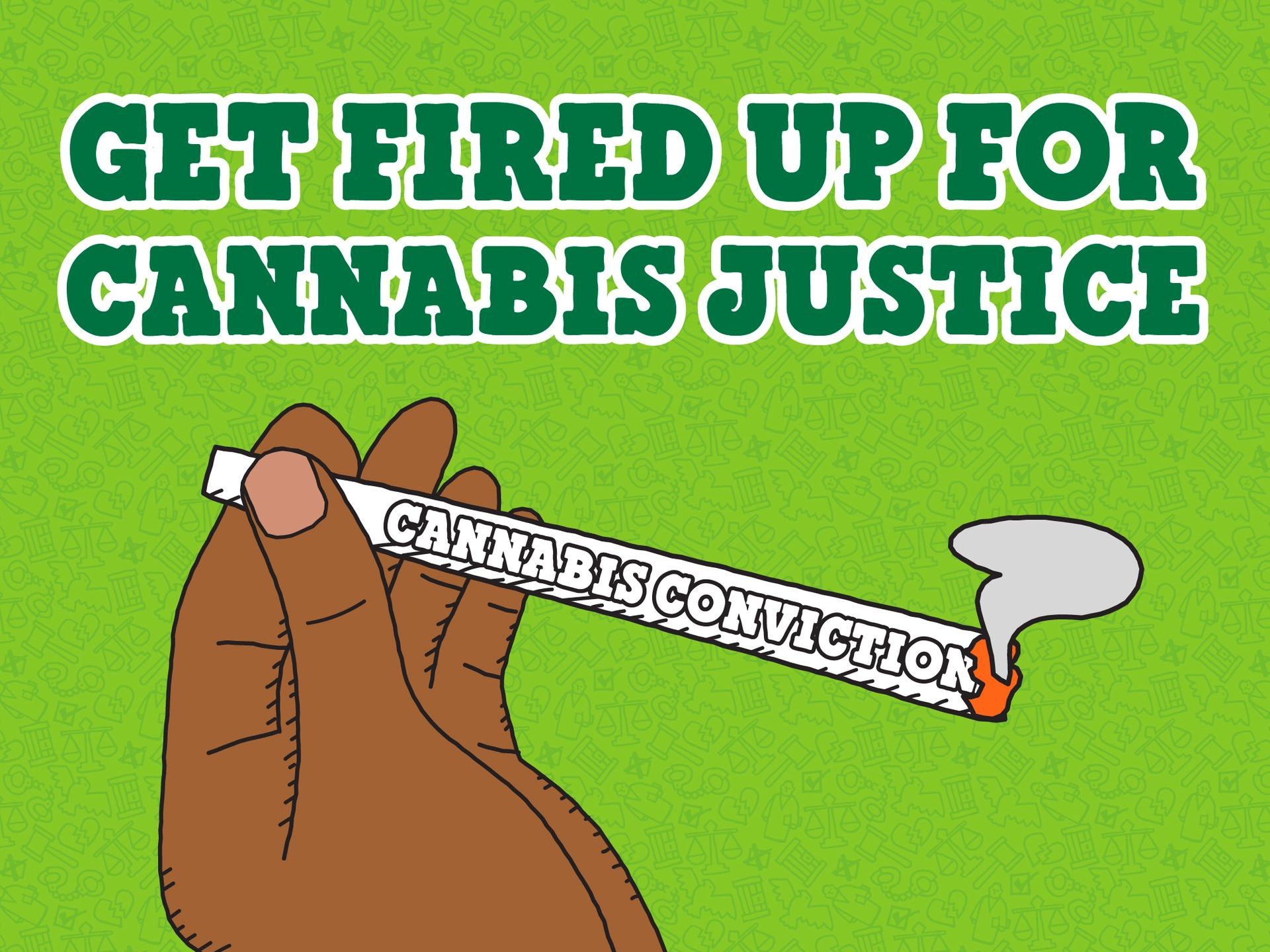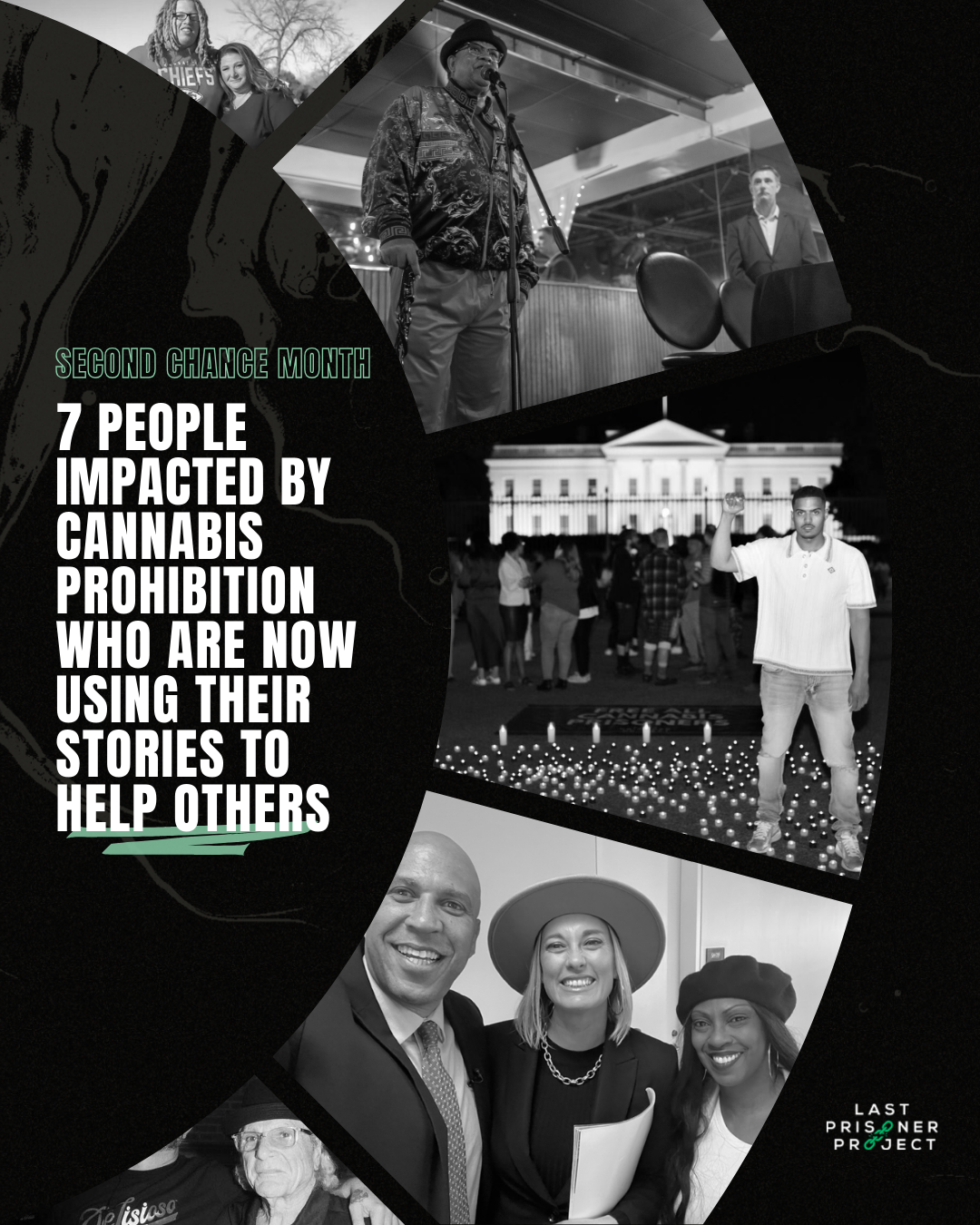Two Years After Cannabis Pardons, No One Has Been Released. But Biden Can Still Change That.
As we mark the two-year anniversary of President Biden’s historic cannabis pardon proclamation, Last Prisoner Project (LPP), renews its call for the President to strengthen his legacy on cannabis clemency and take immediate action to release those still incarcerated for cannabis.
On October 6th, 2022, President Biden took unprecedented steps by pardoning thousands of individuals for simple cannabis possession and initiating a review of cannabis scheduling under federal law. These actions represented a moment of hope and progress for thousands of people, but for the approximately 3,000 people still incarcerated for federal cannabis offenses, the promise of freedom remains unfulfilled.
While the scheduling review process is ongoing, no one has been released from prison for cannabis under President Biden’s administration. The #Countdown4Clemencycampaign, spearheaded by LPP and a bipartisan coalition of cannabis advocates, calls on the President to use his clemency powers to commute the sentences of these individuals before his term ends.
In addition to the presidential pardons, President Biden urged state governors to follow his lead and grant clemency for state-level cannabis convictions, where the majority of people are incarcerated. However, justice cannot be achieved through pardons alone. The public overwhelmingly supports clemency, with 72% of voters backing it at both the federal and state levels. Yet, as of today, the number of people still incarcerated remains unchanged.
That’s why Last Prisoner Project is shifting the focus of its advocacy to clemency with the #Countdown4Clemency campaign. The campaign highlights stories like that of Ricardo Ashmeade, who is serving a 22-year sentence under outdated three-strikes laws from the War on Drugs. His daughter Richeda, separated from him for 16 years, continues to fight for her father's release as she nears her graduation from law school and just received the LPP Cannabis Reform Hero Award at the Journey to Justice Gala.
As President Biden approaches the final months of his presidency, he has the unique opportunity to correct the injustices of the War on Drugs that he once helped champion. By commuting the sentences of those still incarcerated for cannabis, he can take a bold stand for justice, equity, and healing.
The calls for clemency have already garnered significant public support as evident in these USA Today and New York Times pieces. With the stroke of a pen, the President can free thousands of people and reunite hundreds of families across the country.
Join advocates sending letters to President Biden urging him to take action for cannabis justice by participating in the#Countdown4Clemency campaign at cannabisclemency.org. Lean more about Ricardo and others the president could free below, then share your support for their release on social media using the hashtags #Countdown4Clemency and #CannabisClemency.
Ricardo Ashmeade: A Family Waiting 16 Years for Justice
Ricardo Ashmeade, another victim of federal cannabis laws, has been incarcerated for 16 years. His 22-year sentence stems from the federal three-strikes law, a relic of the War on Drugs era that continues to trap people like Ricardo behind bars, even though his prior California cannabis-related convictions were later expunged.
Ricardo’s daughter, Richeda Ashmeade, has spent most of her life without her father. Now in her final year of law school, she has turned her pain into advocacy, fighting for her father’s release. For families like the Ashmeades, the failure to grant clemency to people incarcerated for cannabis is not just a policy issue—it is a matter of justice delayed.
The clemency process is one of the few tools that can provide immediate relief for people like David, Jonathan, and Ricardo. But time is running out for President Biden to use this power effectively. As cannabis legalization spreads across the country, the need for a federal response becomes more urgent. It is unjust for individuals to remain incarcerated for cannabis while others profit from its legal sale.
Jonathan Wall: A Marylander Incarcerated for Cannabis in a Legalizing State
Jonathan Wall, a Maryland resident, is serving a 10-year sentence for conspiracy to distribute marijuana—another stark example of the consequences of cannabis criminalization, even in states where it is now legal. While Maryland is moving toward rectifying past injustices, Jonathan remains behind bars under federal law.
We celebrate a historic step toward ending this hypocrisy in Maryland. Alongside justice advocacy organizations like LPP, Governor Wes Moore (D-Maryland) has signed an executive order granting the largest state cannabis pardon to date. This sweeping action pardons more than 175,000 convictions, including those for cannabis paraphernalia—a crucial expansion beyond possession charges.
Governor Moore symbolically granted these pardons using LPP’s “Pen to Right History,” a pen that loved ones of people impacted by cannabis incarceration have used to write letters to elected officials asking for justice. By using the pen, Gov. Moore joins LPP and its supporters in challenging other governors and leaders across the country to take up this “Pen to Right History” in their own states.
David Lopez: A Father Serving 24 Years for 35 Grams of Cannabis
David Lopez, a 64-year-old from El Paso, Texas, is currently serving a 24-year sentence for non-violent cannabis offenses. Initially, the court was misled by an incorrect report that David was involved with over 1,000 kilograms of marijuana, when in fact it was only 35 grams. Though this error was corrected in 2023, David is still serving time based on the original, inflated figure.
Despite receiving overwhelming support from Bureau of Prisons staff, who recognize him as a model inmate, David remains behind bars, separated from his family. His wife of 44 years, Terry, continues to advocate for his release, especially as their daughter battles breast cancer. His continued incarceration is not only a personal tragedy but also a reflection of the broader failures of our justice system.






